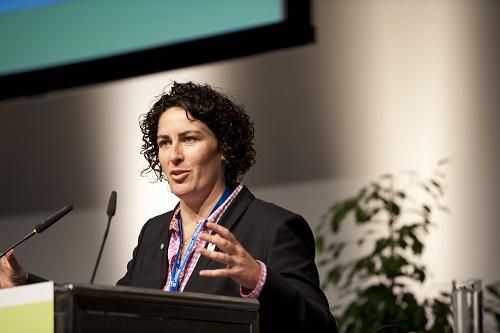WorldGBC partners with Australian research hub for low carbon project
World Green Building Council and the Cooperative Research Centre for Low Carbon Living have formed a partnership to educate key decision makers on the benefits of green building

The World Green Building Council (WorldGBC) and the Cooperative Research Centre for Low Carbon Living (CRCLCL), the Australian national research hub, have formed a partnership for a new project, which will aim to educate key decision makers on the benefits of green building.
The “Closing the Loop” project is part of a Memorandum of Understanding (MoU) signed by both parties.
The agreement will include an attempt to define what constitutes “low” and “no” carbon cities, which will be headed by Professor Deo Prasad, CRCLCL chief executive, and supported by AECOM, Brookfield Multiplex and HASSELL.
Deo Prasad said: “Closing the Loop will help global industries create built environments to positively impact people’s health, wellbeing and productivity whilst improving the building industry’s environmental performance. Collaborating with the World Green Building Council provides our project team with a unique opportunity to tap into the global leadership and significant knowledge that already exists throughout the world, thanks to the Council.”
The WorldGBC will assign staff to assist in coordinating the project and to identify overlaps and areas for future collaboration.
Closing the Loop members have already been involved in WorldGBC’s “Health Wellbeing and Productivity in Offices” report.
Jane Henley, the WorldGBC chief executive officer, said “With up to 90 per cent of a company’s costs spent on salaries and benefits, even modest improvements to staff health and productivity can have a dramatic impact on organisational profitability. Closing the Loop will enhance our understanding of the health, wellbeing and productivity implications of building design so that we can create environments that positively encourage health and wellbeing and stimulate productivity.”
